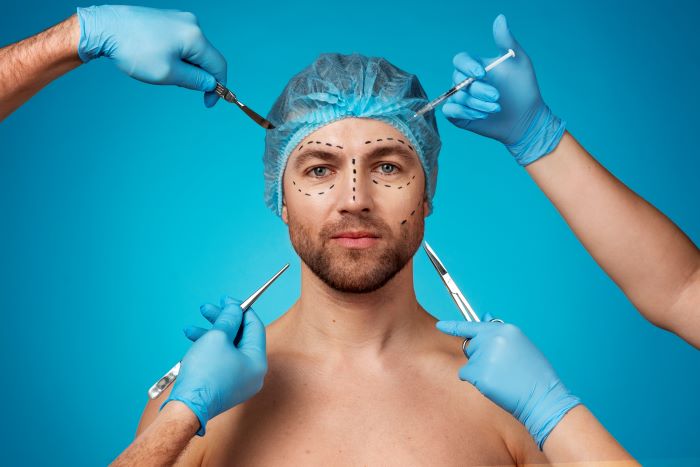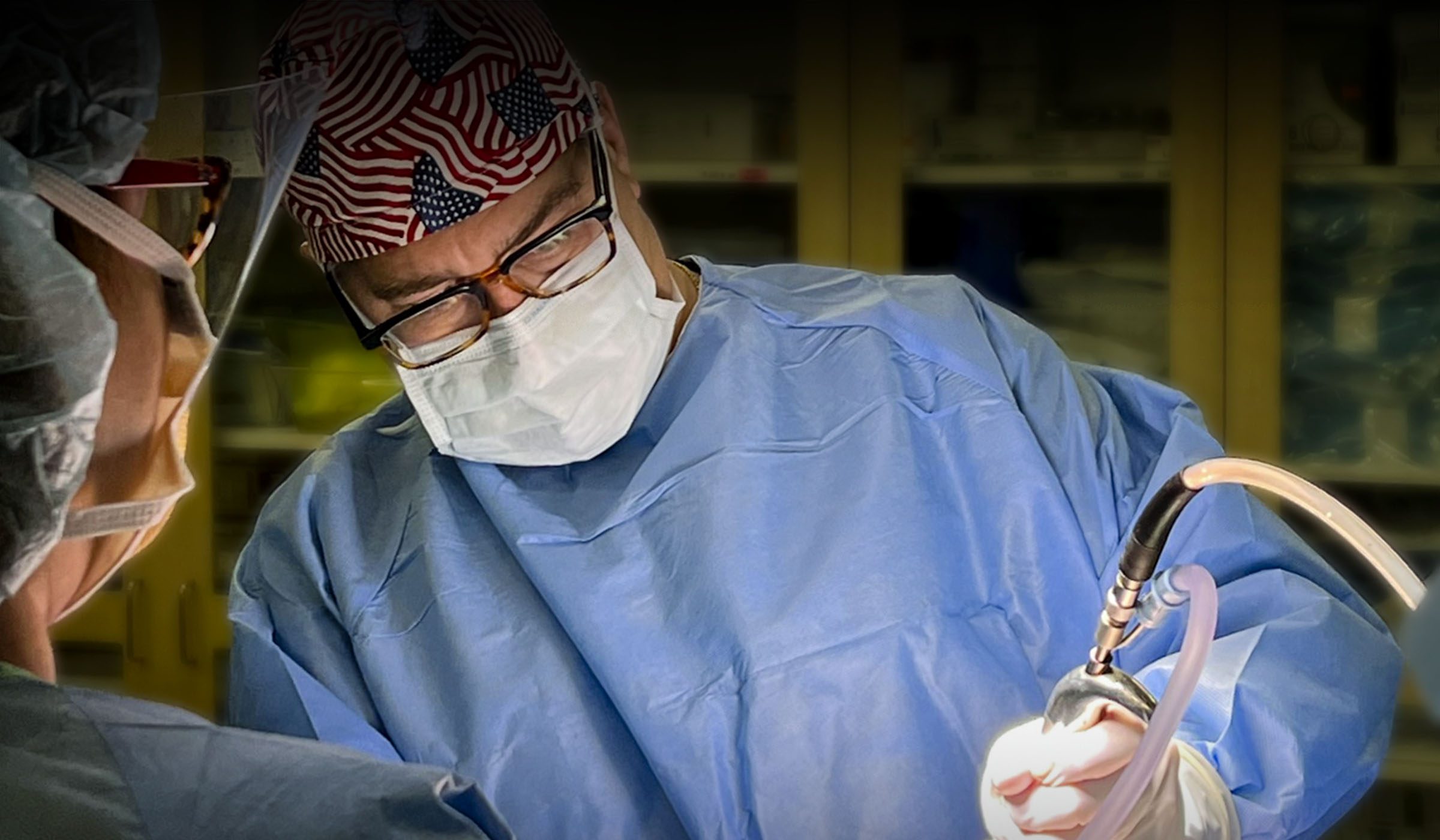Plastic Surgery Inland Empire: Accomplish Your Desire Look with Professional Care
Plastic Surgery Inland Empire: Accomplish Your Desire Look with Professional Care
Blog Article
The Effect of Self-Image on Decision-Making: Reasons Numerous Individuals Go After Plastic Surgery for Physical Change
The interaction between self-image and decision-making is an intricate sensation, especially evident in the increasing fad of individuals choosing plastic surgery as a way of physical change. Motivated by a wish to fulfill social expectations and personal suitables, many people come to grips with issues of self-worth that can considerably impact their options. As exterior stress from social networks and cultural norms increase sensations of insufficiency, an essential question emerges: what are the underlying emotional aspects that drive this search of modified appearances, and what implications do these decisions hold for individuality and wellness?
Comprehending Self-Image
Self-image describes the mental image and understanding a private holds concerning themselves, including aspects such as physical look, character characteristics, and general self-regard - mommy makeover rancho cucamonga. This inner representation dramatically influences how people connect with the globe and can be a driving pressure behind different life options, consisting of the decision to undergo plastic surgery
A positive self-image often correlates with higher self-confidence and a feeling of self-confidence, promoting an aggressive strategy to life. Alternatively, a negative self-image may result in feelings of insufficiency and frustration, triggering people to seek external remedies to regarded problems. This pursuit for enhancement can show up in the wish for physical transformation via cosmetic procedures.
The prevalent nature of media and peer contrasts can amplify sensations of instability, encouraging people to alter their look in pursuit of acceptance or authorization. Comprehending these dynamics is important in understanding the inspirations behind cosmetic surgical procedure.
Mental Factors at Play
Many psychological aspects influence an individual's choice to pursue cosmetic surgical procedure, usually rooted in deeper psychological and cognitive processes. One significant element is low self-esteem, which may emerge from negative self-perceptions or frustration with one's appearance. People with reduced self-regard may think that altering their physical attributes will boost their general worth and acceptance in social contexts.
In addition, the idea of body dysmorphic problem (BDD) plays an essential role. Individuals experiencing BDD experience a compulsive focus on perceived problems in their appearance, leading them to seek surgical intervention as a solution. This uncontrollable desire for makeover can substantially distort their self-image, driving them to pursue treatments in spite of the possibility for damaging results.

Societal Pressures and Assumptions
A considerable impact on people' choices to undergo cosmetic surgical treatment comes from societal stress and expectations that suffuse modern society. In a period dominated by social networks and consistent aesthetic direct exposure, idealized requirements of beauty are often showcased, producing a pervasive setting where physical appearance is extremely scrutinized. Such requirements typically determine what is thought about attractive, leading people to really feel obliged to adapt to these perfects.
In addition, the normalization of cosmetic enhancements in popular society better worsens these pressures - mommy makeover rancho cucamonga. Celebs and influencers freely discussing their surgical procedures can develop a perception that such changes are not only acceptable yet desirable. This phenomenon can stimulate sensations of inadequacy in people that might feel their natural look does not straighten with social criteria
In addition, the impact of colleagues can not be overlooked. People might experience indirect or direct pressure from good friends or household, causing a public recognition find out of cosmetic surgery as an appropriate methods to accomplish an idealized self-image. As a result, these social expectations can dramatically affect individual decision-making processes, usually outweighing intrinsic inspirations for self-improvement and cultivating a culture where physical improvement is pursued as a solution for perceived imperfections.

Situation Researches and Individual Stories
Lots of individuals have shared their individual trips pertaining to cosmetic surgical procedure, disclosing a complicated interplay between self-perception and social impacts. For instance, a 34-year-old female described exactly how years of feeling inadequate as a result of her nose led her to seek nose surgery. She reported that after the procedure, her confidence surged, enabling her to engage even more easily in social scenarios and advance her career. Yet, she recognized that her choice was heavily influenced by media representations of beauty.
Similarly, a male client in his late twenties stated his battle with body dysmorphic problem, which motivated him to go after lipo. His experience highlighted not only a wish for physical change yet also an ambition for acceptance amongst peers. Post-surgery, he shared a renewed sense of self-regard, albeit with the realization that interior validation must come before outside modifications.
These study highlight a more comprehensive pattern: people commonly check out cosmetic surgical procedure as a pathway to enhanced self-image. However, the narratives also expose a critical perspective on the pressures and assumptions that form these choices, recommending that individual tales are deeply linked with social norms and values.
Alternatives to Aesthetic Surgery

Skincare therapies, consisting of chemical peels and microdermabrasion, can enhance skin structure and tone, addressing concerns like acne scars or irregular coloring. Additionally, laser therapy is a reliable method for targeting particular skin problems, such as sun damages or vascular lesions, promoting a much more vibrant look.
For those looking for body change, non-invasive fat reduction methods like CoolSculpting can help remove stubborn fat down payments without surgical procedure. Physical fitness programs and nutritional counseling are likewise vital tools for individuals aiming to accomplish a much healthier body image. Inevitably, these alternatives can provide considerable results while aligning with individual comfort levels and choices, promoting a favorable self-image without the permanence of plastic surgery.
Conclusion
In final thought, the search of cosmetic surgery is frequently driven by complex interactions between self-image, emotional aspects, and social pressures. Individuals regularly seek physical change in published here an attempt to boost self-esteem and straighten with perceived criteria of beauty. This sensation emphasizes the requirement for better awareness of the underlying motivations and possible consequences related to such choices. By discovering options and cultivating a healthier self-image, individuals might locate extra lasting pathways to self-acceptance and wellness.
The interplay in between self-image and decision-making is a complicated sensation, especially evident in the enhancing trend of individuals choosing for cosmetic surgery as a means of physical makeover.Many psychological aspects affect a person's decision to pursue cosmetic surgery, commonly rooted in deeper cognitive and emotional procedures.A significant influence on individuals' choices to go through cosmetic surgical procedure stems from social pressures and assumptions that suffuse modern culture. Individuals might come across indirect or direct pressure from close friends or family members, leading to a common validation of cosmetic surgical treatment as an appropriate means to achieve an idealized self-image.Lots of individuals have shared their personal journeys relating to cosmetic surgical procedure, revealing a complicated interaction in between self-perception and societal impacts.
Report this page